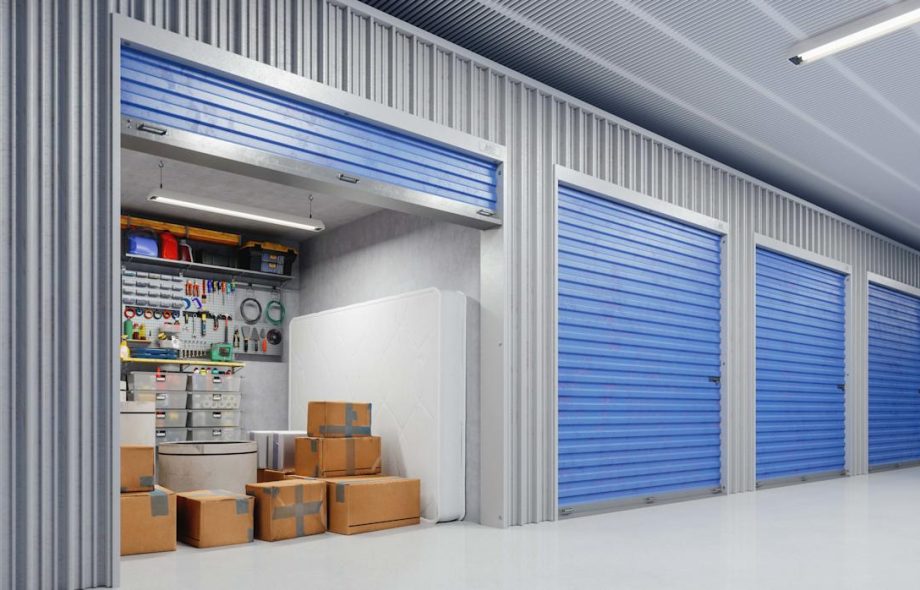Packing feels like piecing together a tricky puzzle—every single item matters. How do you pack? Whether it’s just a few boxes or your entire house, your approach will affect if things last unblemished. Done thoughtfully, you can save space, prevent breakage, and keep belongings ready for later. The real trick? Plan carefully and think through each step before starting.
Does Organized Planning Improve Packing Results?
Before you dive into packing, sketch out a rough plan. Group similar items—clothes, books, fragile things—together. When things are actually organized, finding what you need later feels almost effortless, and your storage stops feeling like a disaster. Put your stuff in boxes that are the proper size and weight and are robust. Put heavier objects in smaller boxes so you don’t damage yourself when you lift them.
You don’t have to worry about putting products that are lighter in bigger boxes. Use excellent tape to close the boxes tightly so that dust and water can’t get in. Clearly marking each package will save you a lot of time later on. Be sure to label the boxes that are sensitive accurately and write a short description on either side of them. This small step makes sure you can safely handle things and find them when you come back.
Protective Wrapping Shields Belongings from Hidden Damage
Dust, humidity, and temperature variations can cause damage to items over time, even in a clean storage container. It’s crucial to use the appropriate wrapping materials to ensure the safety of your items. Foam sheets, bubble wrap, and stretch film are all wonderful solutions to keep your electronics and glassware safe. Cover your furniture with blankets or other protective covers to keep it from getting scratched or stained while it’s in storage.
Plastic covers shouldn’t be put directly on wood or leather furniture since they can trap moisture and discolor the color or make mold develop. Instead, use cloth covers that let air in so it may circulate around. Put wooden pallets or boards under your furniture and boxes to raise them off the floor a little. This will keep them safe for a long time. When the temperature or humidity changes, it’s important to keep the air in and the moisture out. These small but useful tips can make a tremendous difference in how safe your items are in DC storage facilities.
Efficient Space Utilization Maximizes Your Storage Capacity
How you use your storage space will determine how much you can fit in there without making a mess. Put the boxes that are heavier on the bottom and the ones that are lighter on the top. This balance keeps everything together and stops them from falling apart. Avoid stacking too many boxes atop one another, as this may lead to shifting or toppling over time.
You can squeeze more in if you take apart big pieces of furniture like tables or bed frames. Put screws, bolts, and other small parts in bags with labels on them and tape them to the item. This makes it easier to put them back together later. Make sure there are small gaps between the boxes so that air can flow and heat and moisture don’t get stuck. When you organize your storage unit so you can actually walk through it, getting to your stuff just becomes a lot easier. Taking the time to sort things out beforehand can really save you a ton of time and hassle later on.
Mindful Storage Practices Preserve Quality Over Time
Packing your things carefully is just the start—keeping them in good shape matters just as much. For items sensitive to temperature, like artwork, family photos, or electronics, try to find a spot with some climate control. Extreme swings in heat or humidity can warp, fade, or corrode them. Before storing anything, make sure it’s dry and clean—damp clothes or wooden furniture can quickly grow mold or smell musty. For gadgets, pull the batteries out; letting them sit can lead to leaks and rusty disasters.
Every once in a while, check the things you’ve saved to make sure they’re still in excellent form. Every few months, swing by to peek for pests or damp spots and tweak your setup if needed. Jotting down what you’ve stored helps you track and retrieve things easily.
Conclusion
You need to prepare ahead, utilize the correct packing materials, and establish a sound plan to be good at storing things. The decisions you make before and while packing will affect how long your things last. When you take excellent care of your stuff, it stays secure, and you feel better about it. If you need help packing and storing your possessions, you should know the name Georgetown Moving and Storage Company. They know how to pack things up well, move them quickly, and keep them safe. They are a terrific choice for anyone who wishes to keep their possessions safe until they need them again because they are dedicated to being thorough and correct.
 :
https://www.pinterest.com/georgetownmoving/
:
https://www.pinterest.com/georgetownmoving/












